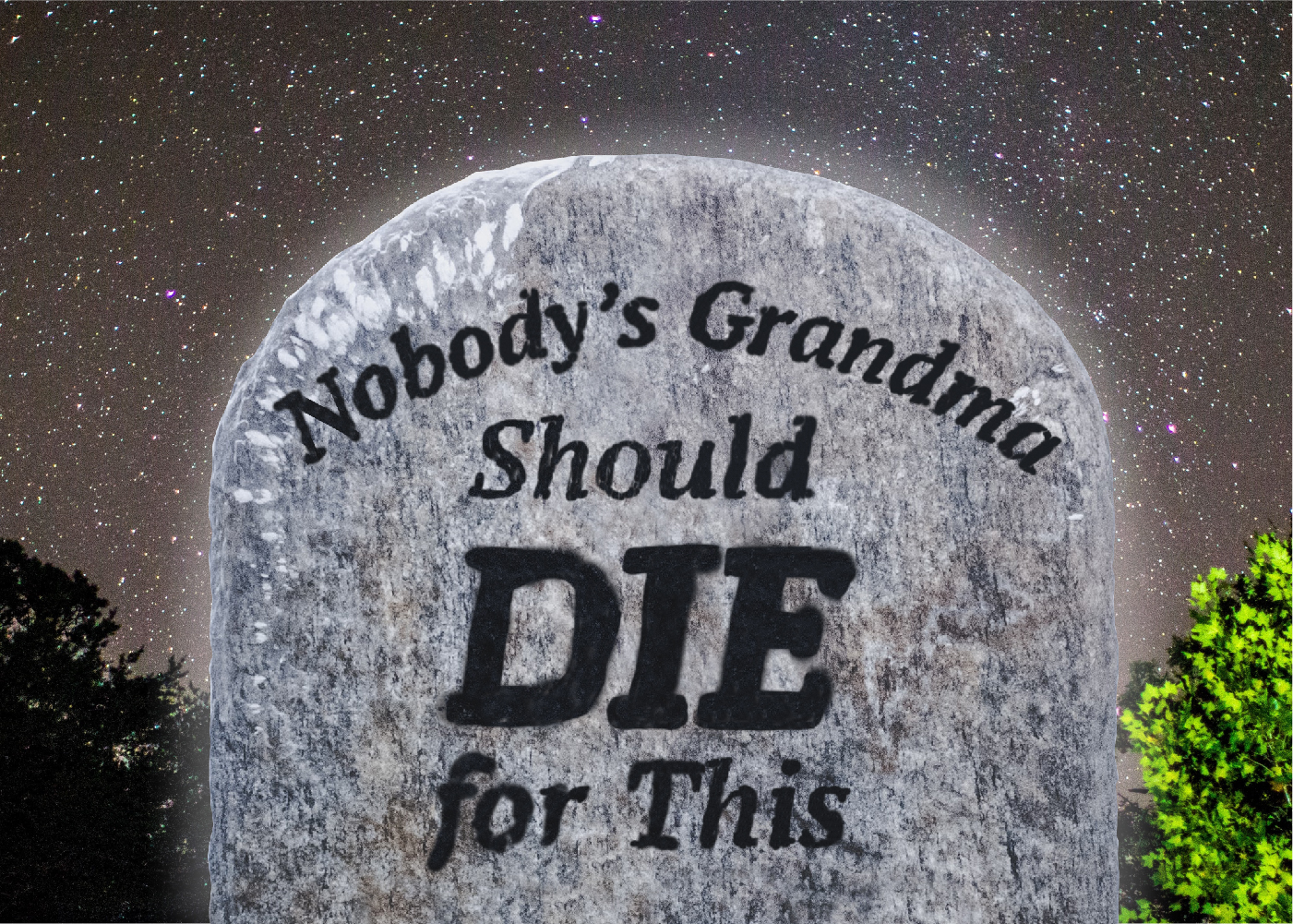As COVID-19 vaccines are distributed around the world, countries are debating on vaccine passports or systems that allow travel once vaccination documentation is obtained, according to AP News.
In Israel, a country that has adequate vaccine supply to inoculate everyone over 16, vaccine passports, also known as Green Passes, have already started to be implemented. The Green passports or badges are obtained through an app.
For the first time since the pandemic began, Israeli musician Aviv Geffen took to the stage in front of a crowd of 300 as reported by AP News. Every member of the masked and socially distant crowd had to show a green passport to be let in.
“It’s really the only way forward at the moment,” Geffen said. “People can’t live their lives in the new world without them. We must take the vaccines. We must.”
“With the Green Pass, doors just open for you,” read an announcement from Feb. 21, the day much of the Israeli economy reopened. “You could go out to restaurants, work out at the gym, see a show.”
Proponents of vaccine passports see it as the safe way to reopen tourism, especially in places that are dependent on it for economic reasons.
Israel has come to agreements with Greece and Cyprus to recognize each other’s green badges in an effort to boost tourism between the countries.
The European Union is in discussions about allowing member states to adopt a passport program that allows for the free travel between countries.
Along with Greece and Cyprus who have digital certificates, Denmark, Sweden and Austria have been in talks of how to develop them.
“That should allow you to prove, on your mobile phone, that you’ve been tested, inoculated or have recovered [from COVID-19],” said Austrian Chancellor Sebastian Kurz, according to BBC. “Our goal: to avoid a lengthy lockdown and finally enable freedom to travel again in the EU, and freedom to enjoy events and cuisine.”
Other EU countries such as France and Germany have stated their worries that the documents could be premature given vaccine research.
A report by the Royal Society published on Feb. 14 said the vaccine passport program would have to meet legal and ethical standards especially in relation to data protection, human rights, equality and discrimination laws.
“A central ethical concern is to first determine who you would exclude if certificates were introduced,” said Melinda Mills, director of the Leverhulme Center for Demographic Science at the University of Oxford and co-author of the report.
“There are certain people who are unable to have vaccines for medical reasons, such as those with allergies or pregnant women. In some countries, certain ethnic minorities are more vaccine hesitant, which would mean that this group could be inadvertently excluded.”
Some worry that the inequalities in discrimination in terms of policing will also increase due to the passports.
“You could easily see a situation where it’s creating discrimination, prejudice and stigma,” said Halima Begum, who runs a British racial equity organization called the Runnymede Trust.
“We already saw, with the coronavirus regulations with lockdown, disproportionate amounts of stops and searches for young minority men. So you can see who is potentially likelier [sic] to be grabbed up for not carrying the passport and therefore be denied access.”
Others worry that vaccination passports will widen social and economic inequalities between richer and poorer countries and communities.
The New York Times reported vaccines are available at higher rates in richer countries and in privileged racial groups between them.
“If we are opening up the world only to people from high-income countries, we are creating a lot of inequity,” said Nicole Errett, a University of Washington Public Health Expert, according to The New York Times.
“We’re cutting people off from resources and from connections that keep economies and communities thriving. A challenge since the beginning has been getting countries to do what’s best for the world instead of what’s best for people inside their borders.”
The U.N. Secretary-General Antonio Guterres announced on Feb. 17 just 10 countries had administered 75% of all vaccines and over 130 countries have yet to receive a single dose.
“There’s a huge moral crisis in equity globally because in high income countries like Israel or the United States or the EU countries, we’re likely to get to herd immunity by the end of this year,” said Lawrence Gostin, director of the World Health Organization Collaborating Center on National and Global Health Law.
“But for many low-income countries, most people won’t be vaccinated for many years. Do we really want to give priority to people who already have so many privileges?”
The consensus remains undecided on the viability of the vaccine passports—however, they are believed to be an important decision countries will need to make.
“We need to be cognizant of the costs and benefits, the precedent we’re setting,” Errett said. “We pandemic people have been saying it since the beginning: We don’t expect this to be the last pandemic that we see.”






